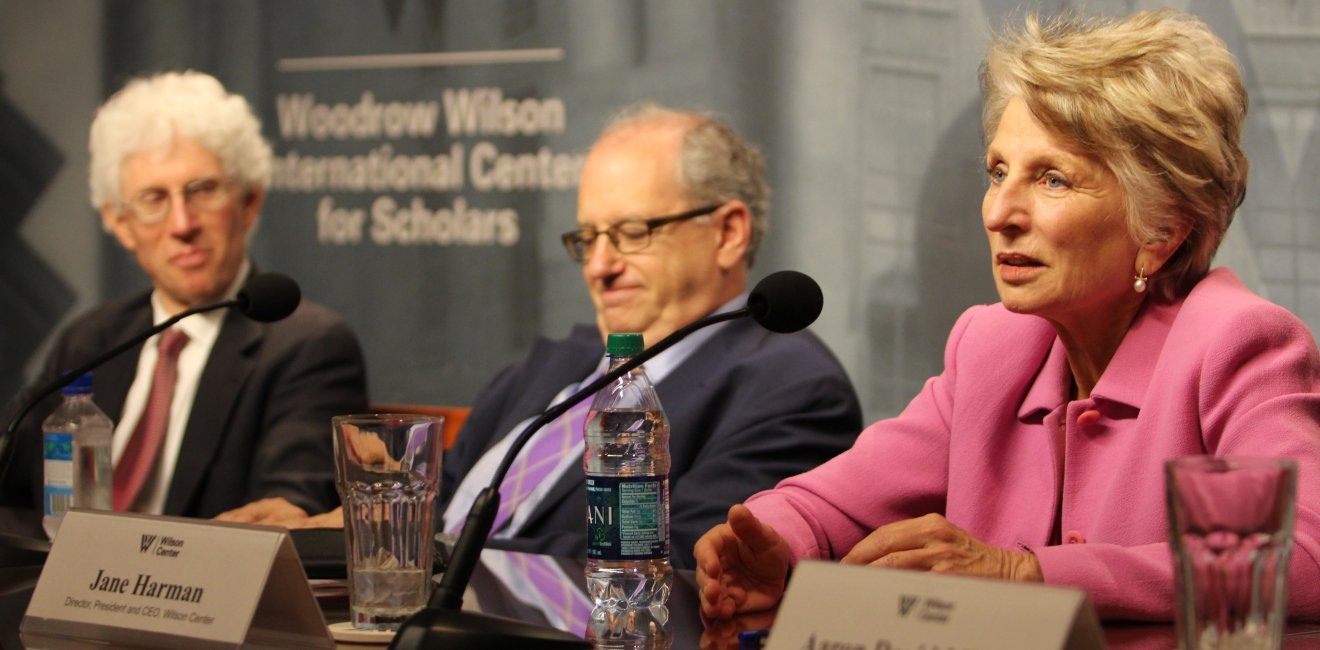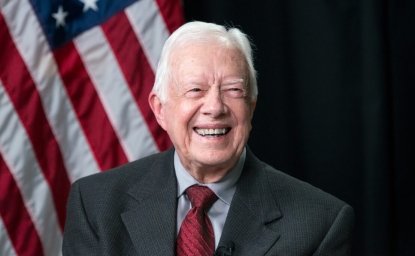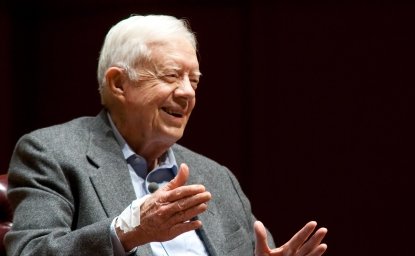The Woodrow Wilson International Center for Scholars is launching a new foreign-policy fellowship meant to help congressional staffers smarten up on foreign policy.
"It's very personal to me, because security and intelligence are my bag and I spent 119 dog years in Congress trying to be informed and sensible about a lot of foreign-policy issues and there was really no place to learn," said former Congresswoman Jane Harman, now the president of the Wilson Center, in an interview with The Cable. "Especially on China, I felt the information gap was particularly large and both parties showed a total lack of nuance, especially during election season."
The program is a six-week seminar series featuring scholars, analysts, and policy practitioners who will meet with a select group of about 30 staffers from both chambers and both sides of the aisle on Friday afternoons for in-depth, interactive sessions on foreign policy -- followed by pizza and beer.
The program will be led by the Wilson Center Vice President for New Initiatives Aaron David Miller and Harman's Chief of Staff Jeewon Kim. Wilson held an information session about the new fellowship Thursday on Capitol Hill. Applications are due by March 18 and the first program begins in April.
"The fact that this is nonpartisan and bipartisan is critically important," Miller told The Cable. "They key is not advocacy; it's education."
Miller has already lined up as speakers former National Security Advisor Sandy Berger, former National Security Advisor Stephen Hadley, Undersecretary of State Wendy Sherman, Brookings Institution scholar Robert Kagan, former Ambassador to China Stapleton Roy, AEI Scholar Norman Ornstein, and many others.
The first session will be on the question "Is American still the indispensable nation?," and the next sessions will focus on China and Russia, emerging powers, a session on Congress and foreign policy, and more. The program is being funded by the Carnegie Corporation and the Hewett Foundation.
The focus will be on attracting staffers who don't necessarily work on foreign-policy issues all day already but who have an interest in building up their expertise, Harman said.
"Mid-[level] to senior staffers stay on the Hill for a long time -- they are the staffers that members rely on. Maybe we can develop a professional cadre of informed bipartisan staff who will help the institution of Congress do much better policymaking. That's what the agenda is," Harman said.
This article was originally posted on Foreign Policy's The Cable.






